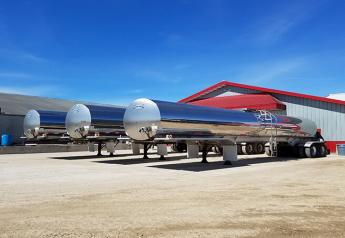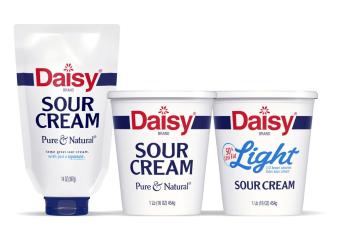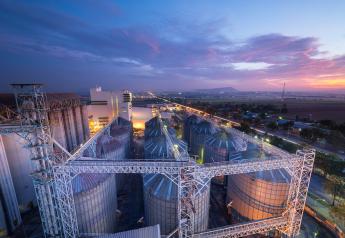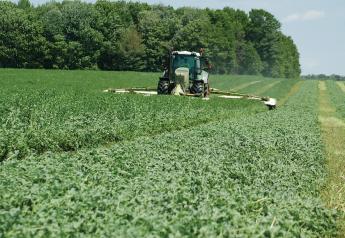Lactalis talks with French milk producers end with no deal

Europe's largest dairy group Lactalis and French milk producers failed to agree an increase in milk prices after more than 10 hours of talks on Thursday and farmers said it was now up to Lactalis to produce a new offer.
European dairy farmers are struggling with a slump in milk prices caused by oversupply after the European Union scrapped quotas last year, Russia banned Western food imports and Chinese dairy imports weakened.
Family-owned Lactalis agreed on Tuesday to renegotiate the price paid to its suppliers after hundreds of milk producers protested at its headquarters in northwestern France, blaming the company for paying less than its competitors.
Lactalis, which pays 257 euros ($290) per 1,000 liters, said in a statement on Friday it had offered to raise its price by 15 euros as of Sept. 1 but farmers said it was not enough and vowed to continue their protests.
"We're wondering if Lactalis is really committed to working this out," Florent Renaudier of the FDSEA farm union said.
Hundreds of farmers have been protesting in front of the dairy company's headquarters in Laval since Monday night, bringing 200 to 300 tractors, cows and trailers. They also launched protests in supermarkets targeting Lactalis products.
Lactalis filed a request for urgent proceedings at the regional court of Laval to demand a lifting of the blockade, a court official said, adding that the case was due to be examined later on Friday. Lactalis declined to comment.
Lactalis mainly produces cheese, milk and butter with brands including President, Bridel, Galbani and Lactel.
Digging in
Producers started the talks asking for an average price of 290 euros ($328) per 1,000 liters for the whole of 2016, while Lactalis offered 265 euros, three sources, who did not wish to be identified, said.
The farmers request meant Lactalis would need to agree an increase to about 335 euros until the end of the year to compensate for current low prices, according to estimates by the milk producers union FNPL.
Unions say the cost of production for farmers is between 330 and 380 euros per 1,000 liters.
FDSEA's Renaudier said producers would resume talks if Lactalis came back with a new price. The dairy company said it remained open to talks but accused the farmers of digging in.
"Despite their statements, the unions have not sought a solution to the crisis but to extend their actions in a high profile standoff hurting the group's image," Lactalis said.
Agriculture Minister Stephane Le Foll called on both sides to resume negotiations as soon as possible.
"The price paid to producers by Lactalis, the world's leader in the market, cannot remain the lowest in the market, a step forward is needed," the ministry said in a statement.
Lactalis said earlier this week it faced strong competition elsewhere in the European Union, where milk prices have fallen more steeply than in France over the past year.
In June, raw milk prices paid to producers stood at 27.70 euros per 100 kg in France compared with 23.22 euros in top producer Germany, 25.12 euros in Britain and 25.00 euros in the Netherlands, European Commission data showed.
Le Foll said he would put forward a wider plan next Tuesday on the implementation of EU measures to limit milk output.







